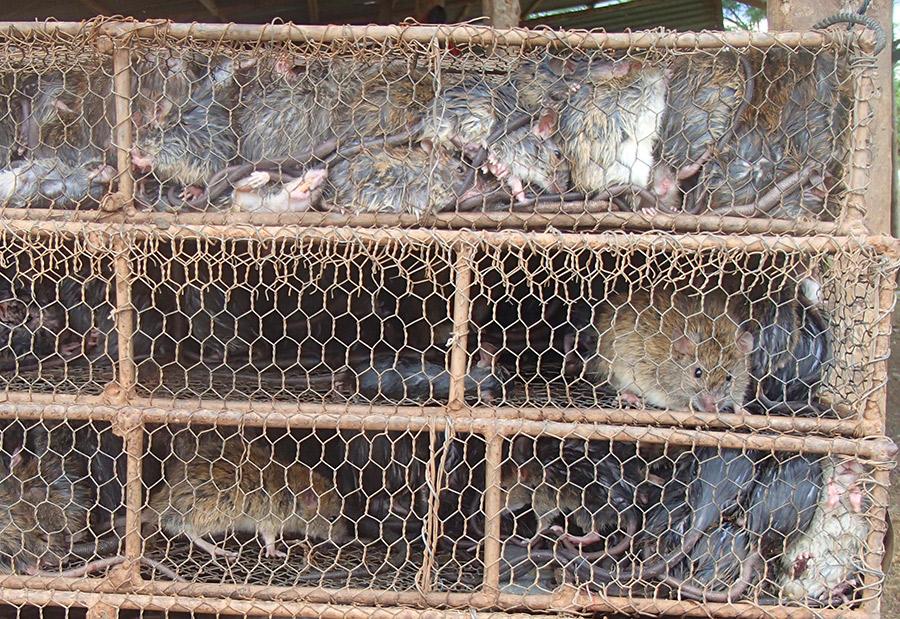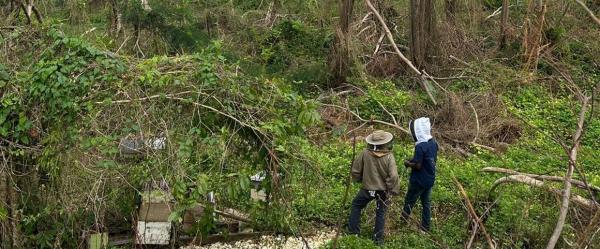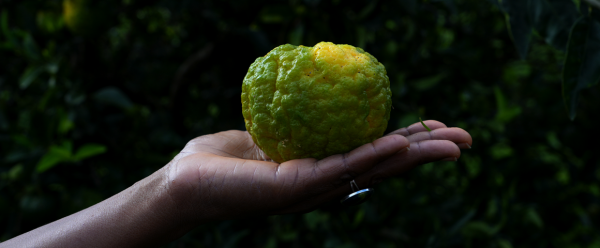Science at work 14 January 2026
- Home
- CIRAD news
- News
- Covid-19 | ZooCov, a new project to prevent coronavirus transmission from wildlife to humans
Covid-19 | ZooCov, a new project to prevent coronavirus transmission from wildlife to humans

Wild animals on sale at a market in Cambodia © Institut Pasteur du Cambodge
More than 70% of zoonotic emerging infectious disease events are of wildlife origin. Bats in particular are well-known natural hosts for a variety of zoonotic diseases. Recent examples include Severe Acute Respiratory Syndrome (SARS), Middle East Respiratory Syndrome (MERSCoV), Ebola, and of course Covid-19.
Wild meat consumption remains common in Southeast Asia. The practice therefore raises a major safety issue: that of the potential spillover (transmission) of pathogens from animals to humans, which can challenge already weak public health systems. As the One Health paradigm recognizes, "the health of humans, animals and ecosystems is interconnected".
To tackle the issue, a project led by CIRAD in Cambodia – ZooCov – is due to begin shortly. It will benefit from funding under the ANR (Agence nationale de la recherche) Flash call to support French scientific communities working on Covid-19*.
Four work packages to build a new surveillance system
The project comprises four interconnected work packages (WPs):
- the first to identify and analyse the main wildlife trade chains in two pilot areas of Cambodia;
- the second for an in-depth analysis of wild meat consumption practices and perceptions;
- the third to (i) document and quantify the presence and diversity of betacoronaviruses in wild meat, and (ii) identify predictors of animal infection and human exposure;
- and the last to develop a methodological framework to incorporate early detection of viral spillover events into a wildlife health surveillance system (WHSS) using the results of the other three WPs.
Such a system could subsequently be rolled out to other countries and continents, including Africa, which is also a major hot spot for zoonotic diseases.
A range of projects relating to Covid-19
The ZooCov project will cooperate with another project selected by this ANR Flash call. The DisCoVer project is led by the University of Caen and IRD and also involves CIRAD. It will focus on the natural history of SARS-CoV-2 reservoirs in Laos and Thailand. Moreover, in the short and medium term, researchers are preparing further responses to coming Covid-19 calls, notably in the fields of health ecology and surveillance in Southeast Asia.
*The Flash call is a device that allows the selection and funding of proposals within a short period of time without departing from the principles of peer review.
ZooCov project partners
|



























